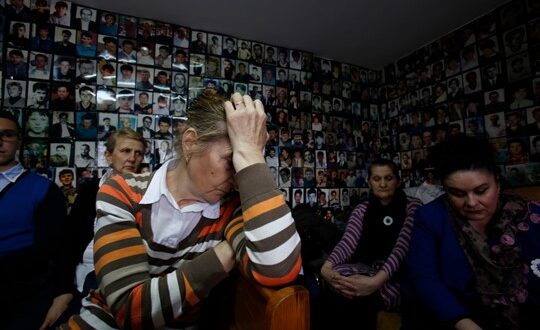It’s a cold morning in Rance, a mountainous village east of Kosovo’s capital, Pristina, and Isak Asllani is preparing to pay tribute at a memorial for his fallen family and friends. It is a painful ritual he carries out every Feb. 17 to mark the anniversary of Kosovo’s declaration of independence in 2008, and the end of decades of conflict in the former Yugoslavia.

 Eurasia Press & News
Eurasia Press & News



